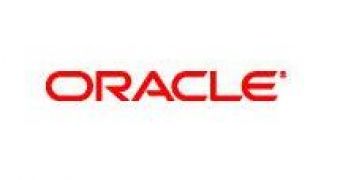Oracle has released a new version of Oracle Enterprise Taxation Management 2.2.0, a product described by the company as "secure, tax-specific, commercial off-the-shelf software" designed to improve the process of revenue collection. Version 2.2.0 of the Oracle Enterprise Taxation Management is set up to kick the process associated with revenue collection up a notch. Oracle has emphasized that the solution enables organizations involved in local tax collection to adapt seamlessly to any modifications involving tax law.
Essentially, the company has positioned Oracle Enterprise Taxation Management 2.2.0 as an integrated solution delivering similar functionality to ERPs created for enterprises. The move is set up to simplify activities related to tax administration and to deliver a high level of adaptability. Oracle Enterprise Taxation Management 2.2.0 offers a solution capable of fully adapting to all the changes specific to tax law and regulations.
To make implementation easier Oracle Enterprise Taxation Management 2.2.0 comes with core tax processing features that support registration, form processing and penalty and interest determination. Also, the latest version of the product is much easier to configure, improving the response time of the authorities to adapt to the changes that might occur. Oracle Enterprise Taxation Management 2.2.0 has Java Enterprise at the basis, Oracle informs.
John Andrus, vice president and general manager, Oracle Tax Global Business Unit, stated, “Oracle is committed to providing tax authorities with the flexible and affordable solution they need to maintain efficiency in an ever-changing regulatory environment. Oracle Enterprise Taxation Management 2.2.0 demonstrates that tax authorities no longer need to rely on costly custom systems. Its standards-based platform and pre-built integrations allow for easy configuration to meet unique requirements and helps ensure the application will meet the needs of tax authorities today and in the future.”

 14 DAY TRIAL //
14 DAY TRIAL //